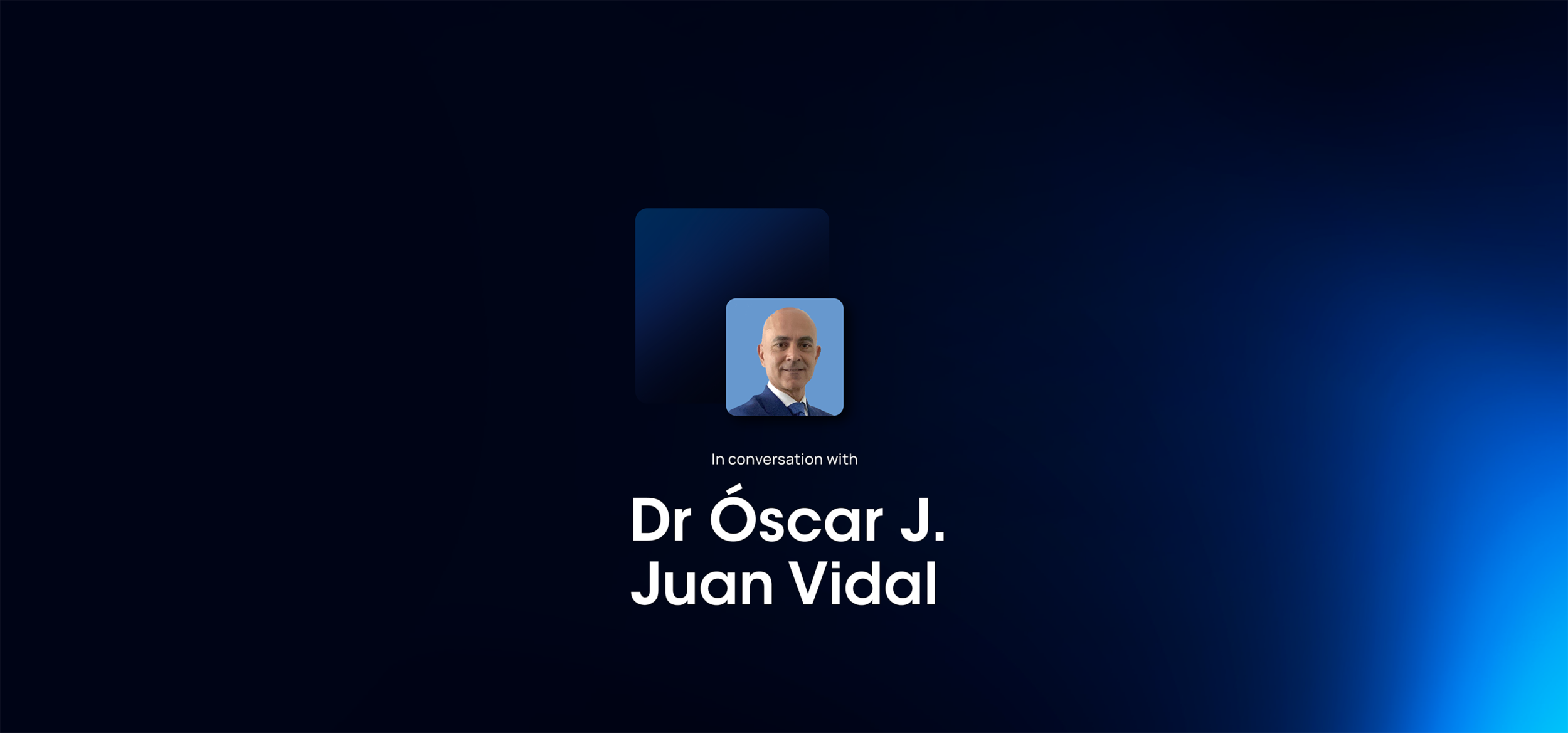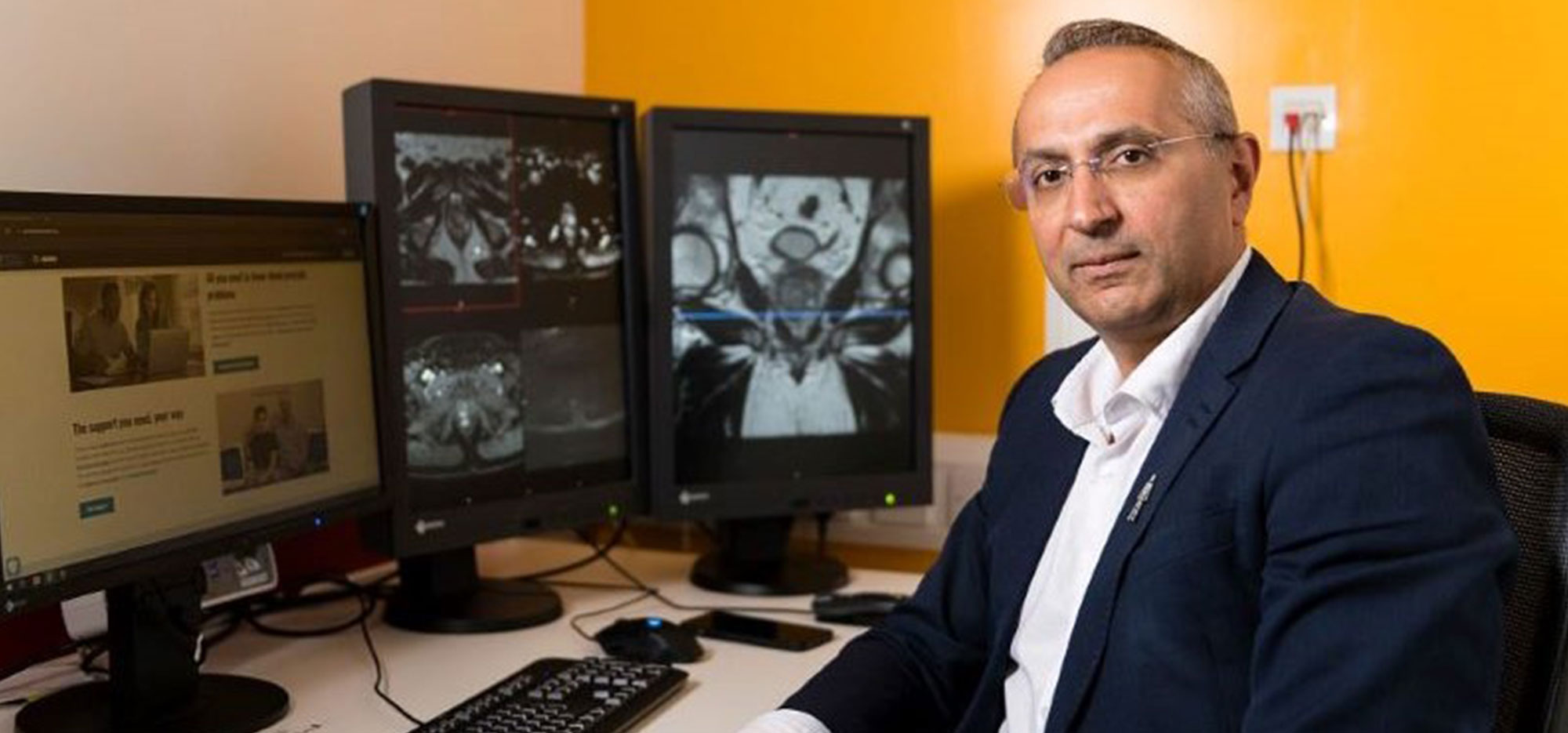A Roadmap from Valencia: Leading by Example
What do you see as the primary challenges in integrating precision medicine into standard clinical practice within the public health system?
The Valencian Community has adopted a pioneering model with a structured framework for precision oncology. “Since July 2024, we’ve had an official directive that organizes molecular diagnosis in oncology for both adult and pediatric patients,” explains Prof. Camps. The region has designated six hospital nodes to ensure equitable access and high-quality diagnostics.
A publicly funded technical office now oversees this ambitious implementation. “We have the tools and the experience. With genuine political will, we could deploy universal molecular diagnostics,” the specialist affirms.
Despite regional progress, Spain still lacks a cohesive national strategy. “There are only recommendations, not a structured plan. Each autonomous region moves at its own pace,” warns Prof. Camps. While Catalonia and, to some extent, Madrid have made progress in selected areas, others, such as Andalusia, have yet to define a clear path forward.
This fragmented landscape has resulted in marked disparities in access to advanced diagnostics. “Spain is not among the most delayed countries in Europe regarding the implementation of molecular oncology; in fact, it has made significant progress in adopting precision oncology practices.” He notes, contrasting it with countries like France, Germany, Canada, and Australia.
Lifelong Learning: A Cultural Shift in Medical Practice
What role does continuing education of healthcare professionals play in the effective implementation of precision medicine, and how is it being promoted in the oncology setting?
Continuous education is essential for effectively implementing precision medicine. “If you don’t study year-round, you fall behind. These days, medical knowledge can become outdated from one ASCO to the next,” says Prof. Camps. Scientific societies, cooperative tumor groups, and private initiatives led by dedicated oncologists are currently filling the gap.
However, Spain still lacks formal requirements for ongoing education. “In the U.S., physicians are required to earn continuing education credits every four years to maintain their license. We don’t have that obligation here,” he points out, “but it is up to each professional to take the initiative to stay current and continue developing their knowledge.”
The future of Oncology lies in Technology
What technologies or approaches do you think will mark the next big leap in cancer care?
Looking ahead, Prof. Camps points to several innovations that are expected to transform cancer care within the public health system:
- Proteomics and molecular biology: Advanced tools will provide deeper insights into disease mechanisms at the cellular level.
- Artificial intelligence and image analysis: Predictive models using radiomics will enable more accurate diagnoses and tumor monitoring without invasive procedures.
- AI-assisted drug discovery: Will accelerate the development of effective therapeutic compounds.
- Control-free clinical trials: The use of digital patient avatars will revolutionize clinical trial design and expedite access to new treatments.
- Personalized vaccines: Next-generation immunotherapies, tailored to individual tumor profiles, could mark a turning point in treatment.
Innovation as a Strategic Ally in Public Health
What added value do you think tech health companies, which are researching new diagnostic and therapeutic tools, can bring?
When asked about companies like Quibim, pioneers of AI-powered imaging biomarkers and diagnostic tools, Prof. Camps is clear: “Quibim is a model company at the forefront of research and innovation. Its expertise should be widely disseminated, especially among specialists. There’s a great deal of discussion around AI and radiomics, but scientific literacy on these topics remains limited.”
As an educator, he emphasizes the importance of incorporating these innovations into professional training: “AI is now a staple topic in every course I organize, and it will remain so for the foreseeable future.”
Education, Innovation, and Political Will: Pillars for Change
What steps are needed to ensure equitable and coordinated progress across the national healthcare system?
Prof. Carlos Camps’ insights reveal that Spain possesses the scientific expertise and institutional capacity to implement precision medicine. However, progress is being stalled by structural inertia, bureaucratic inefficiencies, and a lack of coordinated national vision. The decentralized nature of the healthcare system has led to inconsistent advancement, and in the absence of a unified strategy, healthcare equity remains at risk.
As technologies like AI, radiomics, and molecular diagnostics continue to evolve, the question is no longer if they will transform oncology, but when, and for whom. The coming decade will be pivotal for Spain, not only to catch up but to lead the next generation of precision oncology. Achieving this will require strong political commitment, comprehensive training initiatives, and strategic collaboration between the public and private sectors.









